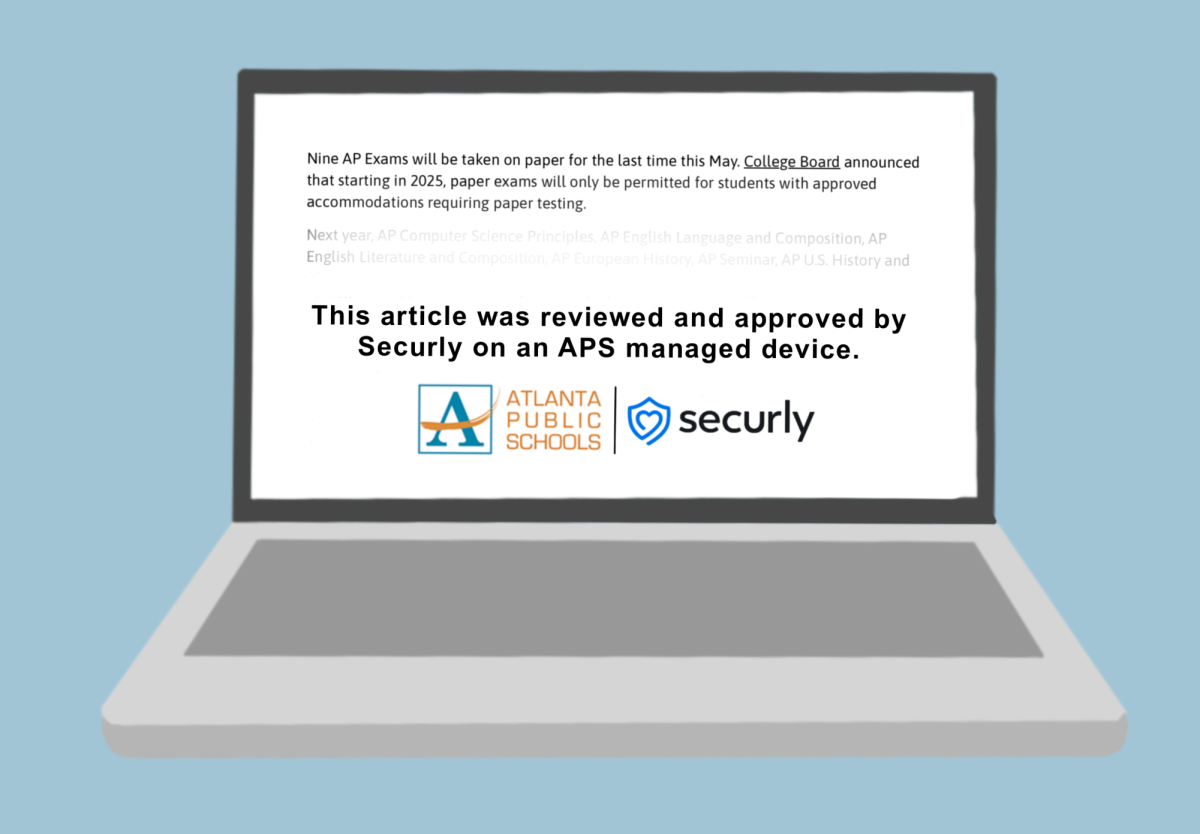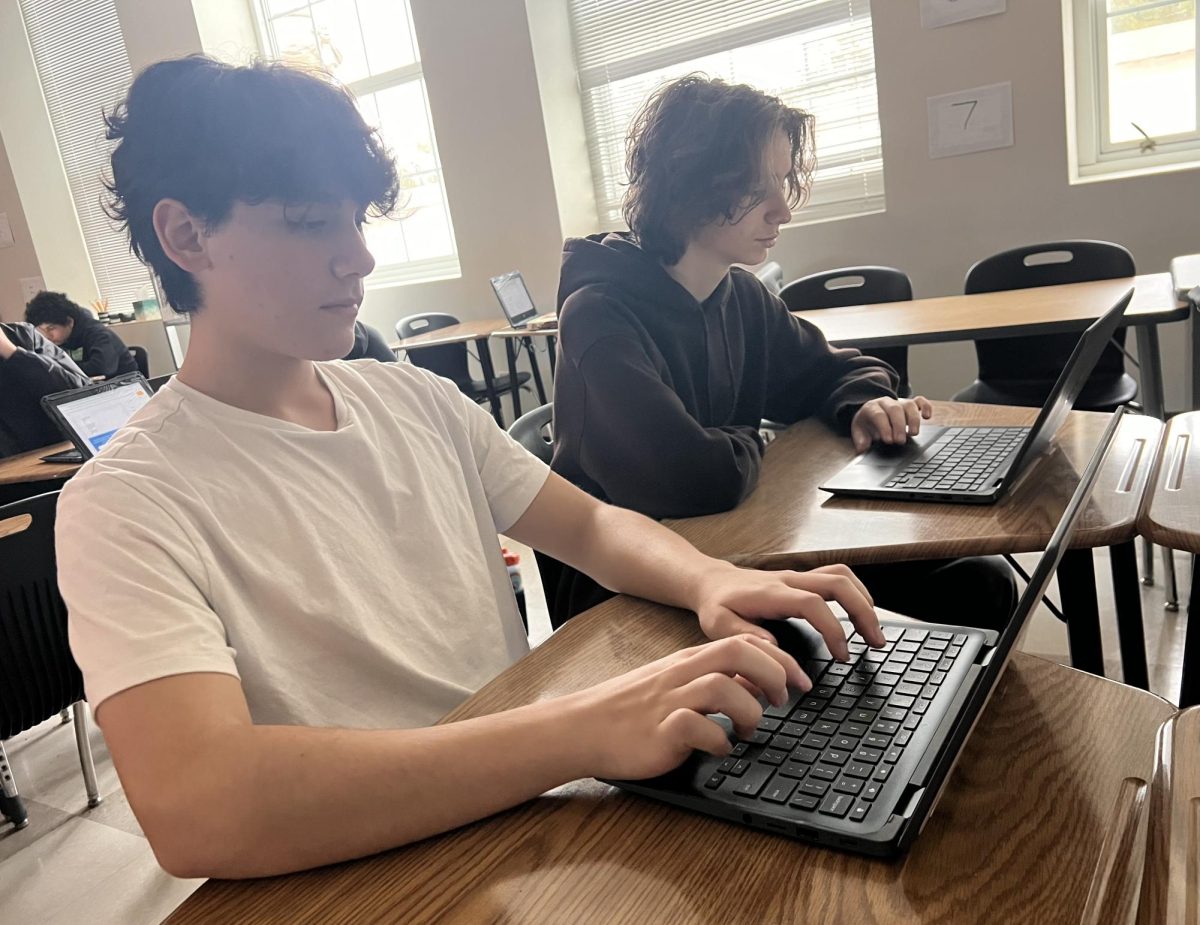Governor Brian Kemp declined Georgia’s participation in the federally-sponsored Summer Food Service Program in favor of state-sponsored plans, Seamless Summer and Happy Helpings.
“[Rejecting the federal plan] doesn’t mean that we’re not going to feed kids: kids will still be fed throughout Georgia,” Georgia’s State School Superintendent Richard Woods said. “Right now, we do not agree with USDA, to be able to fully commit. And that was just logistics, more than ‘no, we were not going to do it.’”
Summer food programs such as the SFSP and Seamless Summer offer free meals to low-income communities during the summer. Children who are unable to afford proper meals are food insecure. Seamless Summer provided 2,569,326 breakfasts and 3,221,428 lunches in 2023. Happy Helpings served 2,800,000 meals in the summer of 2023.
“From any school or for many of our students, they live in impoverished homes,” Woods said. “So, keeping their nutrition up during the summer is extremely important. We worked throughout the state, with our school nutrition team, to facilitate feeding programs throughout the state.”
According to the Education Data Initiative, 503,370 kids are considered food insecure in Georgia. Midtown High School psychologist David Hosking believes proper nutrition is important for everyone, but particularly for kids in academic settings.
“Without the basic necessities of life not much else can function properly,” Hosking said. “This can certainly manifest in school, as lack of consistent quality nutrition can impact our bodies’ natural systems of defense and self-regulation, as well as the higher-order executive functions that high schoolers require to access and master classroom requirements, not to mention the ability to manage daily stressors and all the drama inherent in peer and adult relationships.”
While high school kids are largely impacted by not having access to nutrition, elementary school kids feel an even larger impact. Woods emphasizes the effort for summer programs because he has found that not having access to proper nutrition affects their ability to develop properly.
“We know that for kids, it is the fuel that keeps them going,” Woods said. “They have a better attention span if they have a proper amount of food, the right food that keeps them full. When you’re in that academic setting, it means you’re more alert not worrying about if you are still hungry, because if your basic needs aren’t being met, then ABCs and one two threes are not a priority.”
Woods said that even though the Georgia Department of Education’s first goal is feeding every kid, they still emphasize the food quality.
“[We want to make] sure [kids] have access to food first, and making sure that access is to good quality food,” Woods said. “We want to make sure that what we do and what we are accessing for our kids is healthy. That definitely is something that inspires [kids] to eat a proper diet. Because this can have long-term ramifications if we’re giving a lot of processed food or a lot of food that has a lot of additives in it.”
Hosking said that kids not having regular access to quality nutrition can harm social and emotional health in addition to causing physical harm.
“There’s a clear and well understood connection between proper nutrition and physical and cognitive development,” Hosking said. “Interruptions to the consistency and timeliness of delivery of quality nutrition can certainly affect not only physical health and wellbeing, but may also impact social and emotional health as well.”
A way that GaDOE is trying to address food quality issues is through pushing a Georgia Grown food initiative in school lunches. This allows the state to regulate what goes into the food.
“We have to be very mindful of what we serve each and every day,” Woods said. “And I think that’s one of the things we’re looking at, at trying to have more Georgia Grown products, because we know exactly what’s in them. And we’re going to continue to push that out as well.”
Long-term, GaDOE is trying to create a healthy lifestyle for students, in and out of school.
“As we look at this, this is not just trying to create a lifestyle just in school,” Woods said. “When you look at the benefits [of a healthy diet], creating this lifestyle can cut down on obesity and diabetes within the United States because a lot of this is directly tied to nutrition.”
Governer Brian Kemp rejects federal summer food plan
May 24, 2024
School lunches allow some food insecure children to eat during the day. However, when school is out for the summer, federal and state-sponsored programs give these children access to meals.
About the Contributor

Brennan Fritts, News Section Editor
Brennan Fritts is a sophomore and this is her first year writing for the Southerner. She enjoys volleyball and hanging out with friends.




















